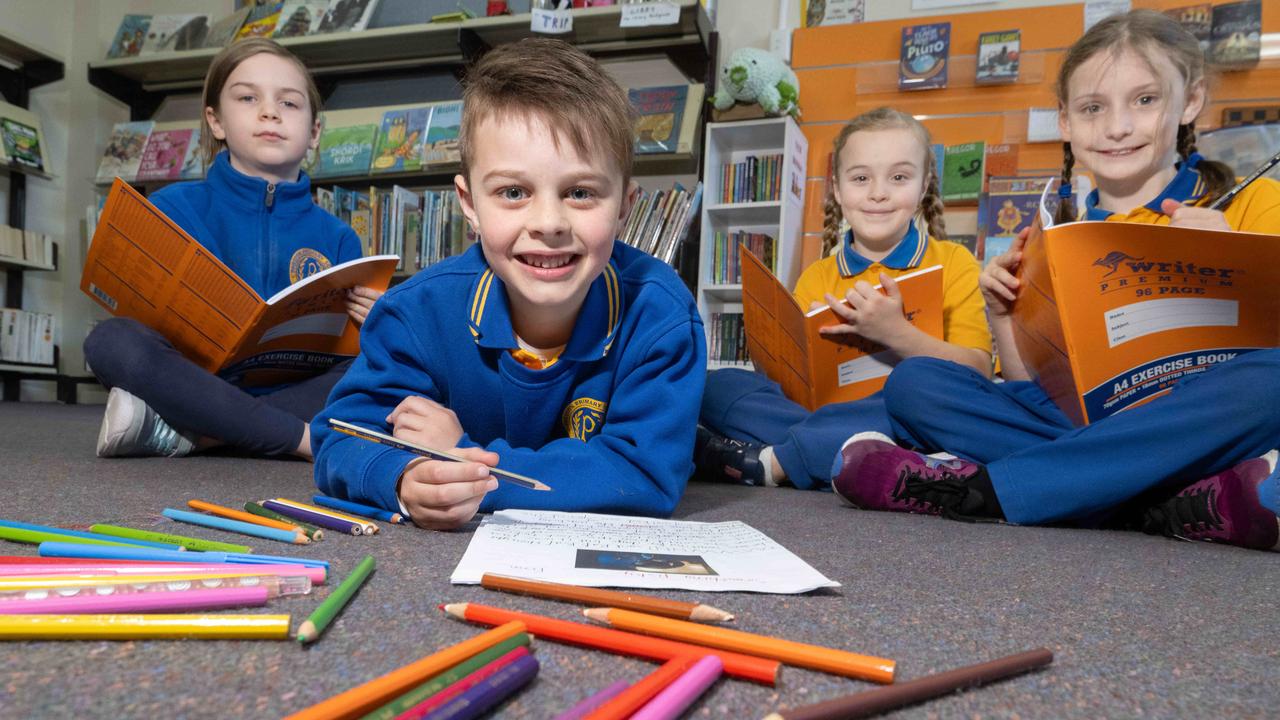Audio books open up a wide world of words
Children’s audio books are gaining in popularity in Australia, rescuing some reluctant readers and even creating a few budding young authors along the way
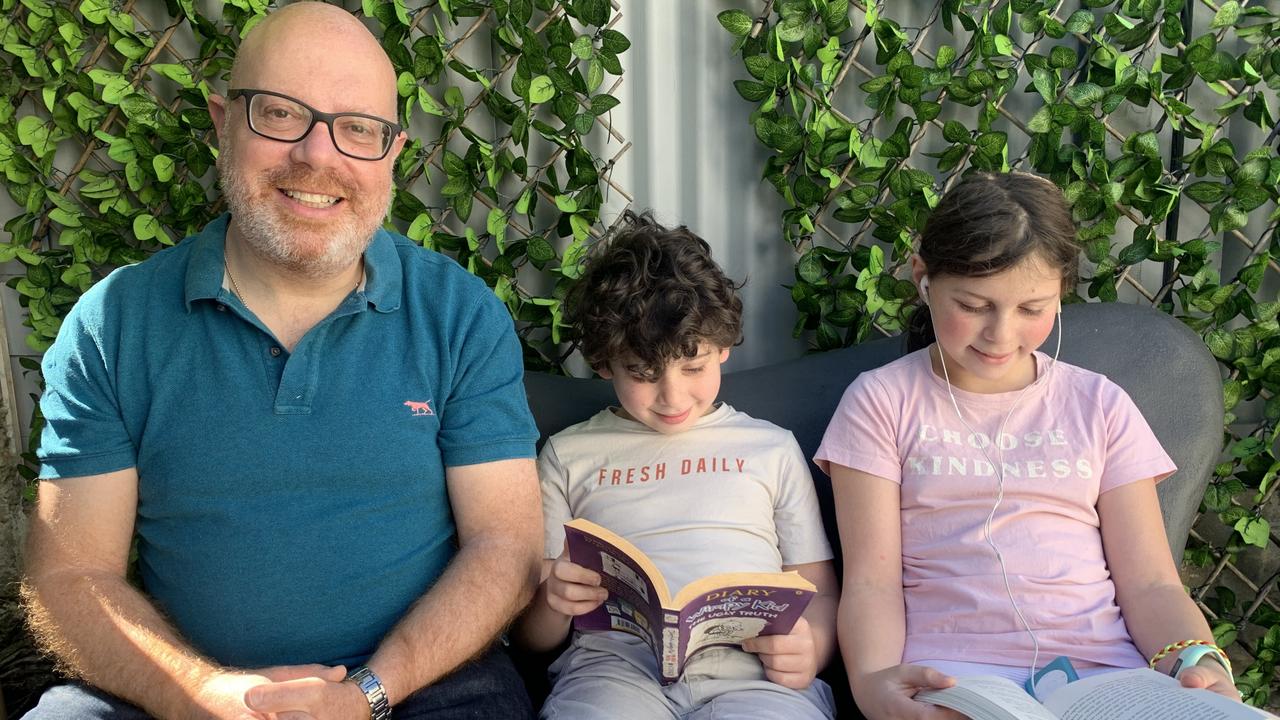
READING LEVEL: GREEN
More kids are using audio on their devices for books they hear rather than read. And literacy experts say that audio books can help reluctant readers tune their ear to written words – and maybe even inspire them to pick up a pen themselves.
Demand for audio books has grown significantly through Covid, according to Audible’s* head of operations for Asia-Pacific, Leanne Cartwright-Bradford.
“Many families are facing the challenge of balancing educating and entertaining their kids while working from home during the pandemic,” she said. “Audible’s children’s content has become more popular than ever.”
There’s no shortage of stories, with over 50,000 children’s titles on Audible alone, including Harry Potter, Fantastic Mr Fox and The Enchanted Wood.
“Children’s audio books have an immersive* quality that brings stories to life,” said Cartwright-Bradford. “When children listen to books, they use their imagination and creativity to visualise characters and faraway lands … encouraging reluctant readers into fictional worlds. As a parent, I love that audio books can help reduce screen time for my boys.”
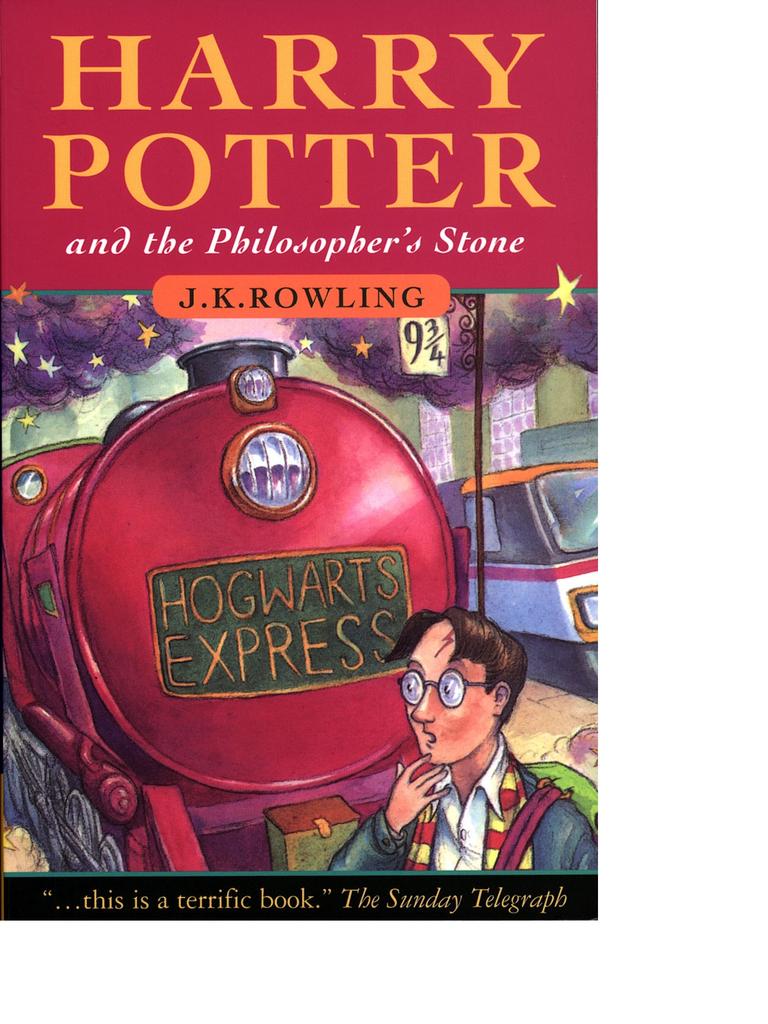
WRITTEN WORLDS AWAIT
Language and literacy expert Dr Misty Adoniou says that audio books allow kids to hear the rhythm of far more sophisticated* language and grammar than they hear when we speak.
“They learn new words that they would never hear,” Dr Adoniou said. “It doesn’t matter how educated their parents are, we don’t all talk like books.
“(Audio books) grow their reading muscle, so that when they do read those language structures in a book, they don’t feel so foreign to them.”
Listening can even lead children to writing – and Australia’s young scribes have until September 17 to enter the annual Kids News Short Story Competition.
“A real advantage of filling those language reservoirs* with audio books is that they can then use that for their own writing,” Dr Adoniou said. “They can move their writing on from, ‘This is what I did on the weekend’ to really exciting ways of expressing big ideas. Because they’ve learnt, ‘Hang on, writing’s not the same as speaking’.”
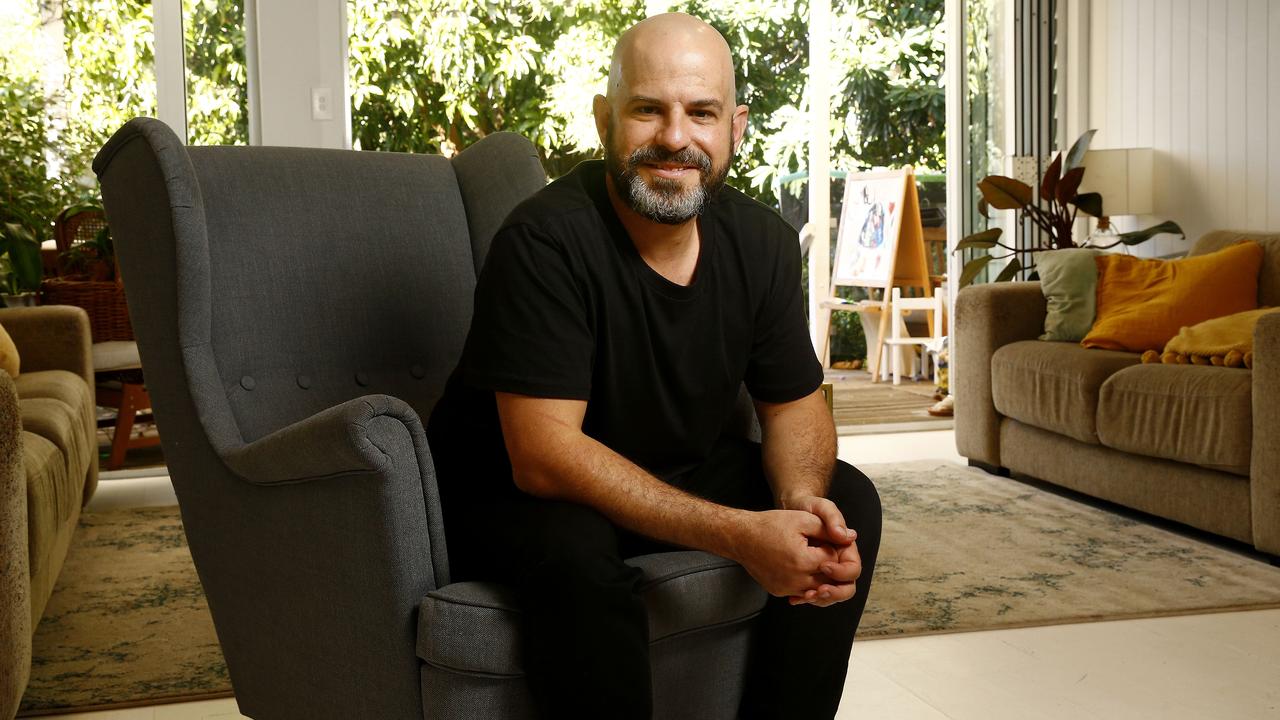
RELUCTANT READERS INTO WRITERS
Best-selling children’s author Matt Stanton narrates* his Funny Kids series and said that audio books allow a child to remember why they love stories.
“If a child is having trouble learning the skill of reading, it can become a real obstacle to their passion for creativity and storytelling,” Stanton said. “In an audio book, a child is still learning about how a story is constructed. They are listening to descriptions, understanding dialogue and interpreting metaphors*. These are all tools they can use to tell their own stories.”
Father of two Jeremy Cole introduced kids Naava, 10, and Oliver, 8, to audio books when they were preschoolers.
“They got so absorbed, it was incredible,” he said. “The benefit of an audio book is they can listen to it at night …(with) all the atmosphere that a narrator can bring.
“If I left Ollie to read on his own, he wouldn’t do it and you’d find him playing in his room, whereas if you leave an audio book playing, he’ll lie there and listen to it at night. Naava tends to read her Kindle at night, then when the lights are out move on to an audio book.”
AUTHOR INSPIRATION
Stanton said narrating his own books is fun because he is reading to real kids.
“They might be alone, they might have their headphones on, they might be going to sleep,” he said. “I get to share my stories with them and they get to hear the author’s voice. It’s such a rich experience for both writer and reader.
“Audio books are great for car trips because stories are always more powerful when shared. Audio books present a great opportunity for parents to enjoy the stories their children are loving with them. They’re also great for having on while doing something else. I listen to them when I run, wash the dishes or even illustrating my own books. They’re a great story-based alternative to screen time.”
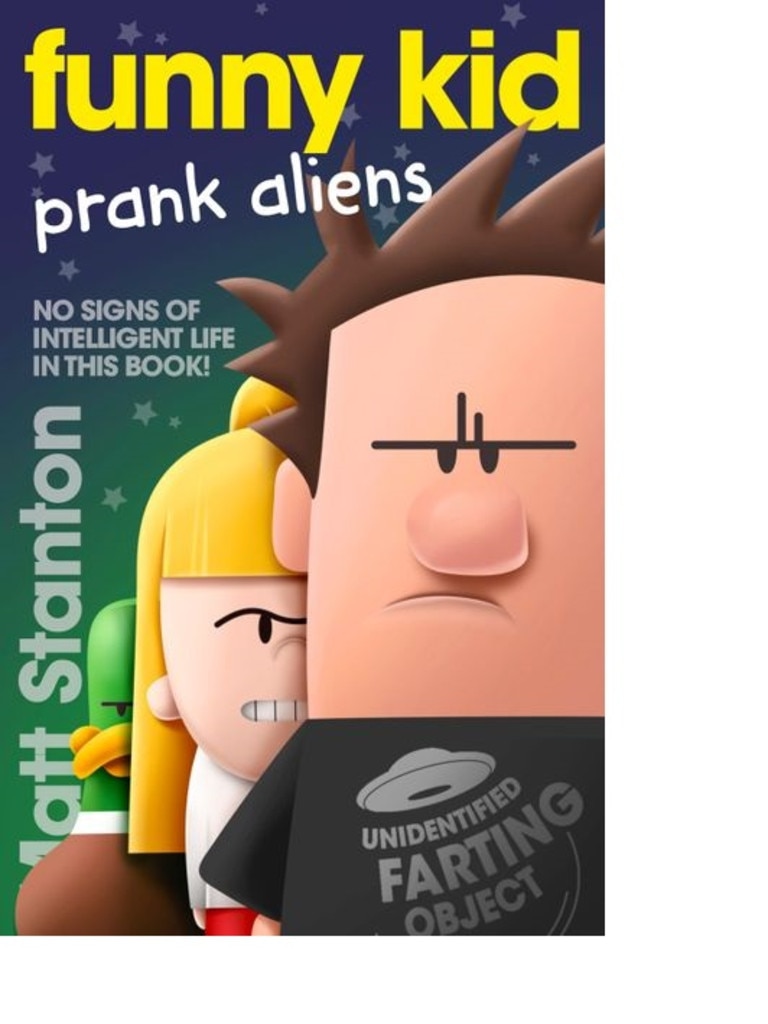
Listening to authors reading their own books has helped spark Naava’s own creative efforts and development, according to her dad.
“The atmosphere that she paints into the first three or four sentences is second to none when you think about how you open a story,” he said. “She’s writing a story at the moment – it’s just for fun, she says.”
The main character in Naava’s story, Jake, is a schoolboy who must overcome a bully and rescue his parents from kidnappers. She credits audio books with helping her build extra skills.
“I like them because they give me ideas for a story,” she said. “We have to do presentations for the year as well, so it helps. When David Walliams reads his stories, he can read them smoothly, and if I practise trying to read like him, that helps me read without stuttering or anything.
“If you’ve got the audio books in your head, it can calm you down. It does the exact same thing as reading except you don’t have to strain your eyes.”
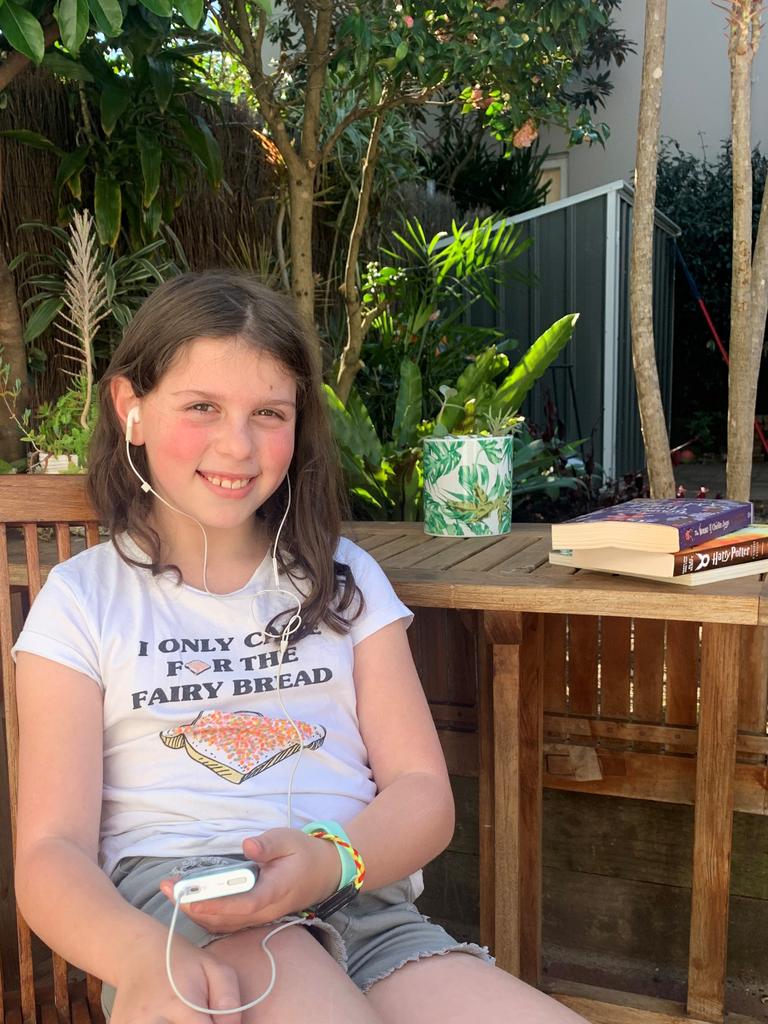
THE WRITE STUFF
Channel your love of audio books into your own creativity. The 2021 Kids News Short Story Competition is now open to four age groups: Kindergarten to year 2; years 3-4; years 5-6 and years 7-9.
First-prize winners in each age category will take home an iPad, a book pack and 10 copies of their winning short story, published into a printed book by HarperCollins.
There are also prizes for one runner-up and three highly commended entries in each age group.
Entries close Friday 17 September, 2021. For more information and to enter, visit kidsnews.com.au/short-story-competition
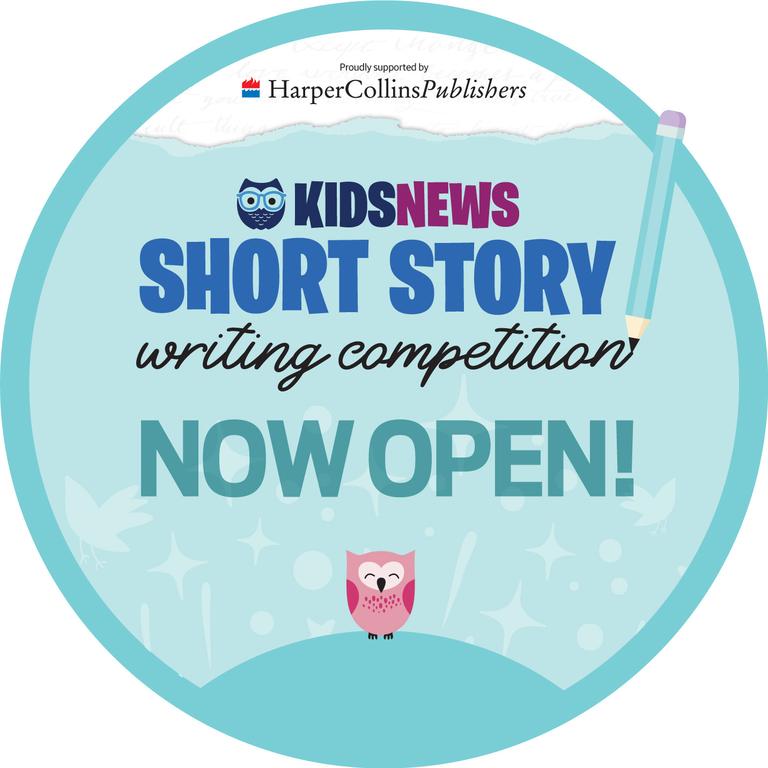
INTRO TO AUDIO
Make a start with audio books with these popular titles:
- Funny Kid: Prank Aliens, Matt Stanton
- Harry Potter and the Philosopher’s Stone, JK Rowling
- Matilda, Roald Dahl
- Percy Jackson and the Lightning Thief, Rick Riordan
- Winnie the Pooh, AA Milne
- Wind in the Willows, Kenneth Grahame
- Megamonster, David Walliams
- Magic Faraway Tree, Enid Blyton
GLOSSARY
- Audible: an audio subscriber service; ‘audible’ means something that can be heard
- immersive: involving, absorbing, occupying multiple senses
- sophisticated: advanced, challenging, experienced
- reservoirs: large reserves or supplies of something that can be used when needed
- narrates: giving the spoken or written account of something
- metaphors: figure of speech or expression where a phrase is used in a suggestive not literal sense
EXTRA READING
Author’s golden rules of story planning
Famous authors urge kids to get writing
Six secrets of a winning short story
Find the 2021 Short Story Comp entry form here
QUICK QUIZ
- How many children’s audio books are available in Australia using Audible?
- What benefits does literacy expert Dr Adoniou identify in audio books?
- Which best-selling Australian author writes the Funny Kid series?
- Who is the author Naava Cole says “speaks smoothly” when narrating his own books?
- Name three things author Matt Stanton does while listening to audio books?
LISTEN TO THIS STORY
CLASSROOM ACTIVITIES
1. Reading versus listening
As stated in the Kids News article, listening to a story rather than reading it can allow you to listen to much harder vocabulary that you might speak or even be able to read. We are going to do an experiment of reading an article versus listening to it.
Read this article, or another article from the Kids News website, and write down the main points after reading the article yourself.
Next, listen to the audio file at the bottom of the article and have someone read the article to you. Again, write down the main points.
Were you able to gain more meaning and get more information from the article when listening to it rather than reading it yourself?
Time: allow 15 minutes to complete this activity
Curriculum Links: English; Critical and Creative Thinking
2. Extension
Choose a piece of your own writing that you are particularly proud of to record yourself reading aloud. Use expression as you read and record the story for some other students to listen to. Save in a file on your school drive or for your teacher to save so other classes can access some audible stories written by students in the school. What a great way to get your own audible book library going!
Time: allow 15 minutes to complete this activity
Curriculum Links: English
VCOP ACTIVITY
Ears versus eyes
For some, there is nothing better than sitting down with a good book and reading. For others, just the thought of it gives them cold chills. Kids News ensures that all children have access to the news by including a sound recording of each article at the bottom. Create a Venn diagram with one circle for self-reading with your eyes, one for listening with your ears and a cross over in the middle.
Read the article, then listen to it using the sound recording. Unlike the classroom activity above, this exercise is about the two different experiences rather than your ability to absorb the story’s content.
Now compare the two using the diagrams and listing all the positives, negatives and crossovers.
Summarise, by writing a paragraph expressing which option you conclude is the best option for you and why?

